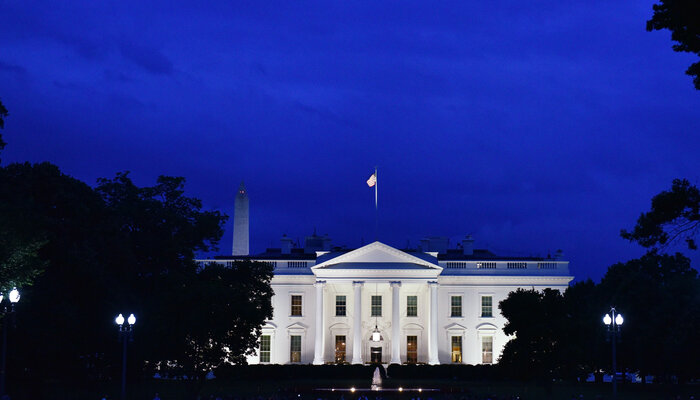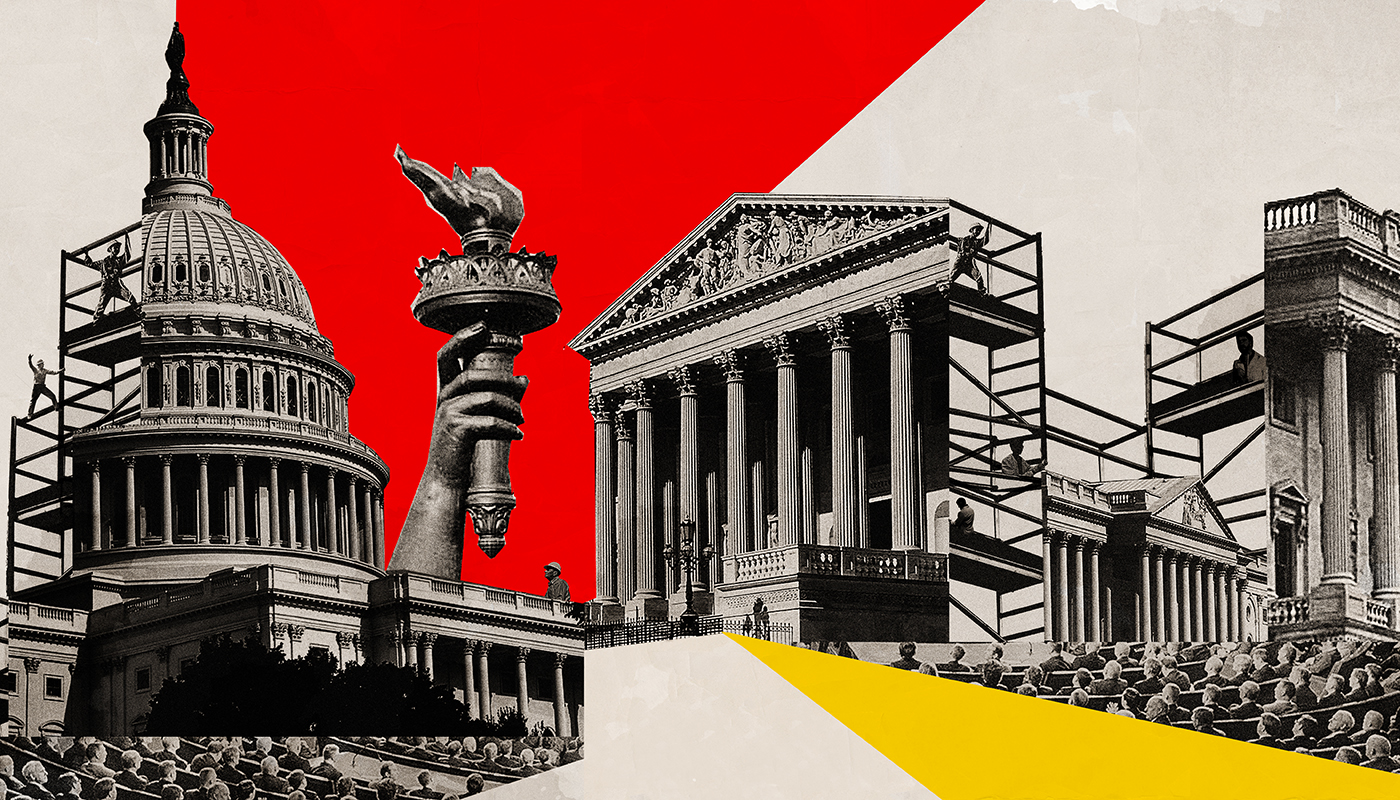President Biden came into office six months ago on a promise to strengthen democratic institutions. Since then, his administration has taken several critical steps to revitalize norms that successfully guided many past administrations, but there is much more work to be done.
Repeated abuse of executive power, government officials’ unethical conduct, and politicization of government functions have eroded public trust. A core tenet of our democracy — that no one is above the law — must be restored. Fortunately, a presidential administration dedicated to accountability can do much to rebuild confidence and check abuses of power.
On his first day in office, Biden issued an executive order requiring an enforceable ethics pledge from all executive branch appointees that experts have praised for addressing gaps left by the Obama and Trump administrations. Biden also returned to pre-Trump norms by voluntarily disclosing his tax returns and promising that none of his family members would “be involved in any government undertaking or foreign policy.”
Further, Biden issued a memorandum laying out standards and procedures to safeguard against the politicization of scientific research at government agencies. The deeply flawed initial response to the Covid-19 pandemic demonstrated the critical importance of protecting scientific integrity in the federal government. The memo also directs agencies to ensure that science advisory committees function properly to provide expert advice to policymakers. And the Biden administration has organized a government-wide Scientific Integrity Task Force.
This past week, the White House Counsel’s Office and the Department of Justice publicly issued policies limiting contacts between the White House and DOJ. This was a critical step, in line with similar action taken by every president since Gerald Ford to insulate DOJ from undue political interference. The department’s insulation from politics was badly damaged throughout the Trump administration, from improper White House communications during the Russia investigation to President Trump’s repeated contacts with DOJ officials in his effort to subvert the result of the 2020 election. The White House memo is impressive in scope, applicable not only to the Justice Department DOJ but to a broader range of agencies within the executive branch.
Despite these promising developments, there is still much more to do. Most urgently, the Biden administration needs to take additional action to restore the integrity of the rule of law. With trust in government near a historic low, now is the time for Biden to leave a lasting mark on the presidency and institute structural change to ensure that the government serves the public interest for generations to come. Key next steps should include deterring abuses of the pardon power and ensuring that independent executive branch watchdogs have the power to take on misconduct. These executive actions are important, and they should be codified by statute as well.
Biden should recommit to using the pardon power as a means to uphold, rather than subvert, the rule of law by instituting a procedure to enhance the transparency of the clemency process. Although abuse of the pardon power was a hallmark of the previous administration, presidents on both sides of the aisle have misused this authority. For example, President Bill Clinton pardoned financier Marc Rich, whose family had made significant contributions to the Clinton library. President George W. Bush commuted the prison sentence of Vice President Dick Cheney’s chief of staff Scooter Libby, and President Trump pardoned several former advisers and potential witnesses in investigations in which he was implicated.
And further, President Biden should follow through on the commitment he made as a candidate to protect inspectors general from political pressure. His administration has yet to take formal steps to ensure that these government watchdogs can perform their important role in holding government officials accountable and stopping abuse. This is particularly pressing in light of President Trump’s attacks on and removal of several inspectors general in apparent retaliation for their scrutiny of alleged misconduct.
However, executive actions are not enough, because they can be reversed by the next president. To truly have a lasting legacy, President Biden must work with Congress to pass legislation to strengthen American democracy, shore up the rule of law, and prevent less scrupulous successors from circumventing commonsense protections. One of the most critical legislative priorities right now is the For the People Act, which would blunt the wave of voter suppression fueled by Trump’s Big Lie that the 2020 election was stolen and take other steps to shore up our democracy. While less publicized, the bill also contains critical reforms to strengthen ethics laws, including by requiring the president and vice president to disclose their tax returns and adhere to the same conflict of interest laws as other executive branch officials, as well as by strengthening executive branch ethics enforcement overall.
Other key legislation includes the Scientific Integrity Act, which would create legal guardrails to prevent the politicization of science in the federal government, as well as the Protecting Our Democracy Act, omnibus government reform legislation that would safeguard the rule of law by, among other things, regulating contacts between the White House and the Justice Department, increasing transparency for some controversial pardons, and codifying the Emoluments Clauses.
Biden is the first president in half a century to have spent decades in Congress and, as such, is uniquely positioned to understand the importance of checks and balances between the two elected branches, particularly the need to limit abuse of executive power. Now is the time for him to work with Congress to restore and revitalize the bedrock principles of democratically accountable government.







